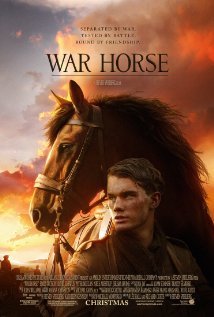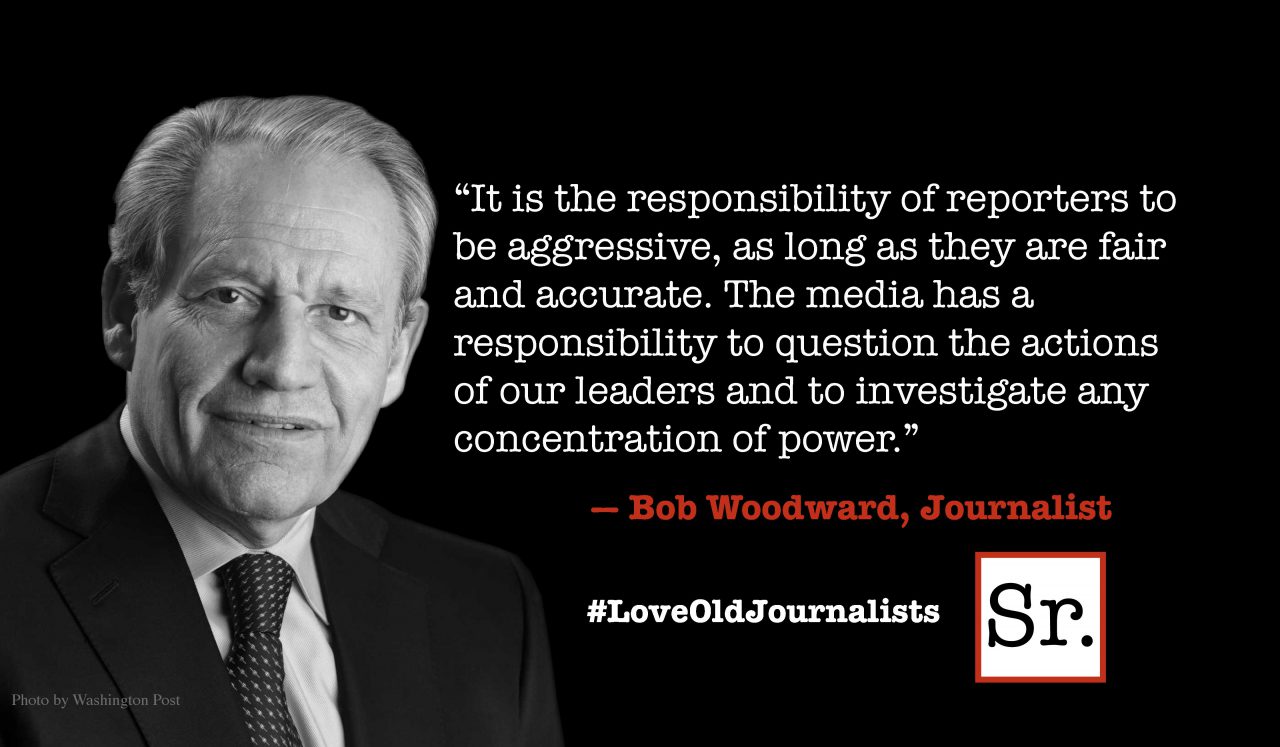Psychologically thin and visually splendiferous, Steven Spielberg’s “War Horse” feels too watered down for adults and possibly too ambitious for children.
It’s a classic case of falling through the cracks, an attempt to make a David Lean-style epic while satisfying audiences of all ages.
It’s big. It’s gorgeous.
And, unfortunately, it is largely uninhabited despite a deep cast of yeoman British thespians.
The source material, Michael Morpurgo’s 1982 book for children, already has become a hit West End and Broadway show. The dominant critical view of the stage version is one of indifferent material elevated by brilliant staging, with breathtaking life-size puppets portraying the equine characters.
The question going into the Spielberg film, then, was whether the yarn would still deliver in a “real” world without that awe-inspiring stagecraft.
The answer: Every now and then the movie is magic. But too often it feels overplotted and plodding.
The setup is awfully similar to that other famous horse tale, Black Beauty. We follow a beautiful horse throughout its life, from a bucolic colthood through a series of masters, in this case English and German military men during World War I in France.
There’s also a “Lassie Come Home” element, with the young farmer who raised the colt and names it Joey going to war in the hope of being reunited with his beloved animal soul mate.
That may sound like a fool’s errand — finding one horse in the madness of global conflict — but then “War Horse” is overloaded with unlikely coincidences and manipulative plot twists. This film will burn out cynics in short order.
In the long (too long, actually) opening sequence we see how the young horse is purchased by a drunken Devon farmer (Peter Mullan), who spends way too much money on an animal built for racing, not pulling a plow.
But the man’s son, Albert (Jeremy Irvine), befriends and trains Joey. Sadly this boy/beast love affair must end; the family can only keep their farm by selling Joey to the army.
There the horse becomes the mount of a cavalry captain (Tom Hiddleston); an ill-advised (but thrilling) attack on a line of German machine guns ends that segment.
Joey becomes the charge of two young Germans who use him in their plan to desert; then he’s taken in by an aged French farmer (Niels Arestrup) and his sickly granddaughter (Celine Buckens).
Retaken by the Germans, Joey must pull massive artillery pieces, a chore that usually kills off the animals within weeks.
But he survives, thin and weary, at one point breaking free to race through the crowded trenches and across No Man’s Land between the warring armies (a superb visual set piece).
Spielberg and his screenwriters (Lee Hall, Richard Curtis) attempt here to have it every which way. They want to make a PG-13 film suitable for young audiences (there’s hardly any blood) but substantial enough to satisfy adult interests (the madness of war).
They end up shortchanging both audiences.
Some of Spielberg’s choices are lamentable…like having the French and German characters speak in heavily-accented English rather than employing subtitles.
The biggest problem is that the film has no central character. Spielberg is smart enough to not anthropomorphize Joey; the horse (actually, the character is played by eight equine actors) does a pretty great job, though he’s still just a trained animal.
But rarely do any of the human players — among them familiar faces like Emily Watson, Benedict Cumberbatch, David Thewlis, Liam Cunningham and Eddie Marsan — get a chance to establish their characters. Most are in and out with just a few minutes of face time.
Irvine is fine as young Albert, but he never seizes the screen, which is what this film requires.
Thus the success of “War Horse” rests largely on the showmanship of its director. And at numerous points in the film Spielberg delivers.
At its best “War Horse” captures the visual sweep of its sprawling tale. There are some lump-in-the-throat moments of visual beauty — at various times Spielberg seems to be channelling not only David Lean (a cavalry charge through a wheat field) but also John Ford (“How Green Was My Valley,” “The Quiet Man”), Victor Fleming (the red sunset from “Gone With the Wind”) and Lewis Milestone (an infantry attack across No Man’s Land).
Frame for frame, this is a gorgeous movie.
Now if only it grabbed my heart and head as effectively as it mesmerized my eyes.









